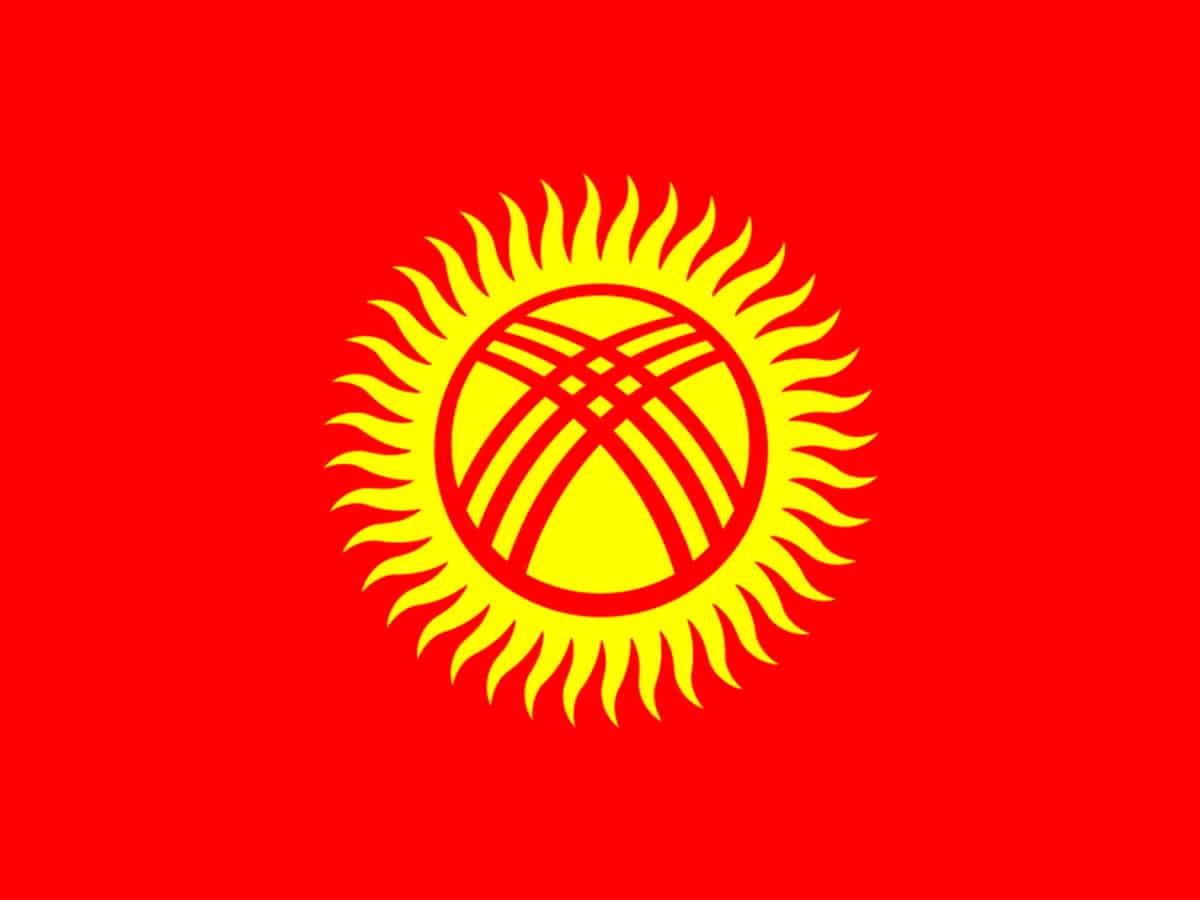Moscow: Kyrgyzstan’s embattled president said Thursday he was resigning following protests over a disputed parliamentary election, the third time in 15 years that a leader of the Central Asian country has been ousted by a popular uprising.
Protesters in the capital of Bishkek celebrated the decision by President Sooronbai Jeenbekov, but it’s not clear if it will quell the unrest that has gripped the country since last week. The demonstrators quickly demanded that parliament be dissolved and that its speaker, who is next in the order of succession, also resigns.
Jeenbekov, who came under pressure to step down from the protests and some opposition politicians including the new prime minister, had dismissed calls to resign only a day earlier. But in a statement released by his office, he said that he feared violence if he stayed in power, noting that protesters were facing off against the police and the military.
In this case, blood will be shed. It is inevitable, the statement said. I don’t want to go down in history as a president who shed blood and shot at his citizens. Jeenbekov said the situation in Bishkek remains tense and that he didn’t want to escalate those tensions. He urged opposition politicians to get their supporters off the streets and bring peaceful life back to the people.
Parliament must officially approve his resignation, and Speaker Kanat Isayev, who was appointed earlier this week, told local media it would meet Friday to consider it. Raising the possibility of further political turmoil, Isayev told the Kyrgyz news outlet 24.kg that he doesn’t feel he has the right to take over the presidency since the current parliamentary term is about to end.
The country of 6.5M people on the border with China was plunged into chaos following an Oct. 4 parliamentary election whose results a victory for pro-government parties. The opposition said the balloting was tainted by vote-buying and other irregularities.
Protesters then took over government buildings, looting some offices, and the Central Election Commission nullified the election. The opposition then announced plans to oust Jeenbekov and form a new government.
Jeenbekov kept a low profile in the first few days after the vote, using the infighting among protest leaders to dig in. He introduced a state of emergency in Bishkek, which was endorsed Tuesday by parliament, and authorities deployed troops to the capital and introduced a curfew.
The move eased tensions in the city, where residents feared the violence and vandalism that accompanied previous uprisings and had been forming vigilante groups to protect their property. Stores and banks that were closed last week have reopened.
To try to halt the unrest, Jeenbekov on Wednesday endorsed the appointment of Sadyr Zhaparov as prime minister. The former lawmaker was freed from jail by demonstrators last week. Jeenbekov also approved Zhaparov’s new Cabinet.
Zhaparov has repeatedly demanded Jeenbekov’s resignation and promised his supporters to push for it but Jeenbekov said he would stay in the job until the political situation had stabilized.
Hundreds of Zhaparov’s supporters rallied in the capital Wednesday, threatening to storm the presidential residence if Jeenbekov did not step down. Zhaparov had promised to meet with the president Thursday, but it is not clear if that took place.
As in the uprisings that ousted presidents in 2005 and 2010, the current unrest has been driven by clan rivalries that shape the country’s politics.
Kyrgyzstan, one of the poorest countries to emerge from the former Soviet Union, is a member of Russia-dominated economic and security alliances, hosts a Russian airbase, and depends on Moscow’s economic support. It formerly was the site of a U.S. airbase that was used in the war in Afghanistan.
Kremlin spokesman Dmitry Peskov on Thursday said a certain pause in providing support to Kyrgyzstan makes sense because there is no government as such, as far as we see.

